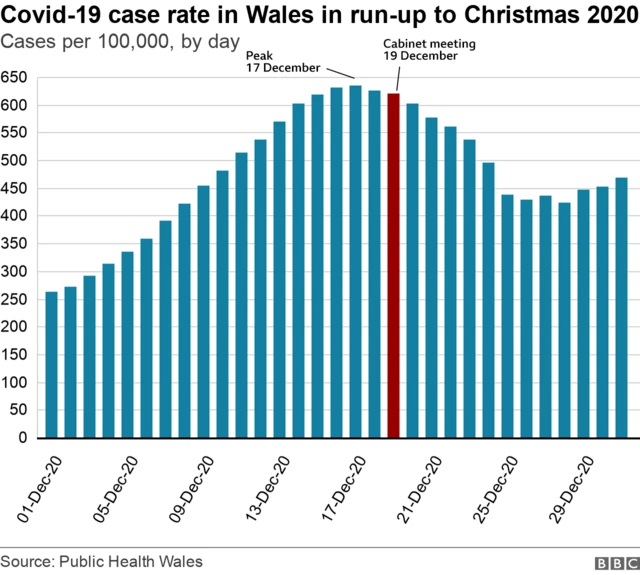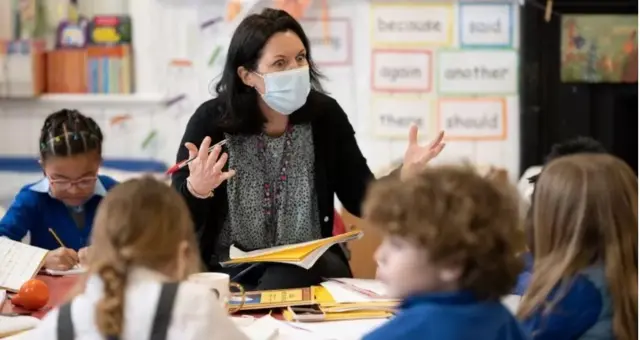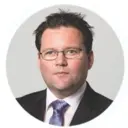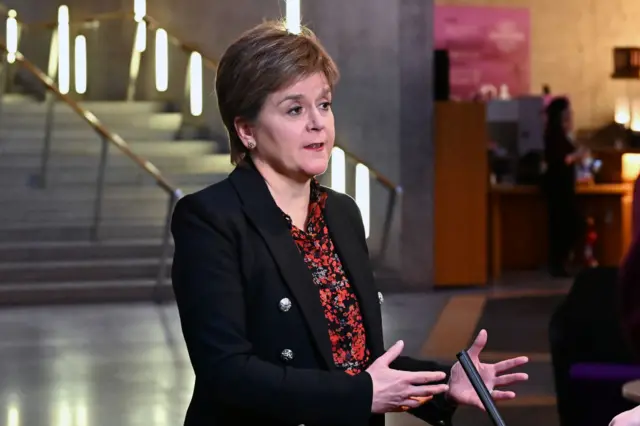Thanks and goodbyepublished at 16:56 GMT 13 March 2024
That brings an end to today's live coverage of the Wales module of the UK Covid-19 Inquiry from Cardiff, where we've heard from First Minister Mark Drakeford.
Tomorrow the past three weeks of evidence will be wrapped up, and we'll reflect any major lines on the BBC News website and app, as well as continuing coverage from the inquiry on BBC Wales Today and BBC Radio Wales.
Thanks for joining us today and over the past 11 days of evidence from Wales.
You'll be able to read a round-up of the days evidence on the Wales section of the website shortly.




